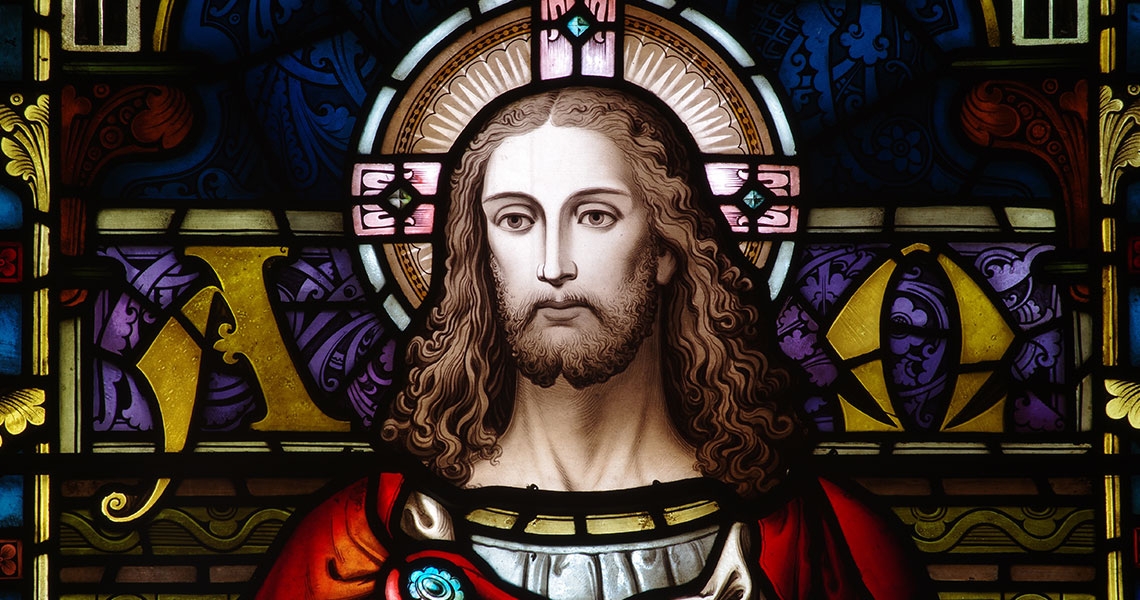
This thesis studies how two contemporary theologians – the German reformed systematic theologian Jürgen Moltmann and the American catholic moral theologian Paul Wadell – relate and contribute to the broad Christian tradition of friendship when it comes to friendship theology in general and friendship and church in particular.
The Christian tradition of friendship has a long history that holds various problems and raises several questions. One fundamental problem is how Christian friendship-love, which by its very nature is a preferential love, relate to the universal love of God (agape). This problem can also be formulated as questions of closedness and openness. A second problem is how friendship is related to wider social structures or communities such as a society, a church or a monastic community. Is friendship primarily a private relationship or a social and political one? What is the relationship between the church and friendship? A third problem is how friendship is related to the salvation and what place virtue has in the Christian life.
The thesis shows how both Moltmann and Wadell – with Jesus Christ and a social Trinitarian theology at the center – in different ways addresses these problems and tries to find ways forward. They both believe that the universal Christian love can be embodied in friendship-love and that Christian friendships basically are open relationships of hospitality. They both believe that the church is a community of friendship, a social body that is befriending and also embodying the friendship characteristic of the life of Jesus and the Trinity. They both believe that salvation and friendship are connected but not how. The tension in Moltmann’s theology between “an ethic of discipleship” and “an ethos of self-realization”, and also his protestant heritage, makes him – unlike Wadell – unwilling to make the classical and medieval connection between friendship, virtue, and salvation. This makes it difficult for him to explain how an open friendship is formed and can be maintained over time. Wadell, on the other hand, needs to problematize the tendency of virtue-oriented friendship theology to place too much emphasis on “rationality” and “productivity”, at the expense of friendship as presence.
Despite an idealizing tendency in their theologies of friendship, both Moltmann and Wadell give a critical and constructive contribution to the Christian tradition of friendship. With the help of some examples or “thick descriptions” (e.g. Mission Mississippi, New Monasticism, and L’Arche) the last chapter shows the relevance and applicability of their theologies of friendship for the life of the church. A picture emerges of the church as a politics of friendship, characterized by openness, goodness, and presence, dimensions which are dependent on each other. It is a politics in which the church goes from closedness to an openness of hospitality beyond tolerance; from consumerism and individualism to a goodness characterized by such virtues as justice, generosity, faithfulness, and truthfulness formed by rich communal habits, practices, and disciplines; and from an obsession with activism, results, and success to a presence which sees isolation rather than mortality as the essential problem of human existence and does not primarily search for solutions but for beauty.







Leave a comment